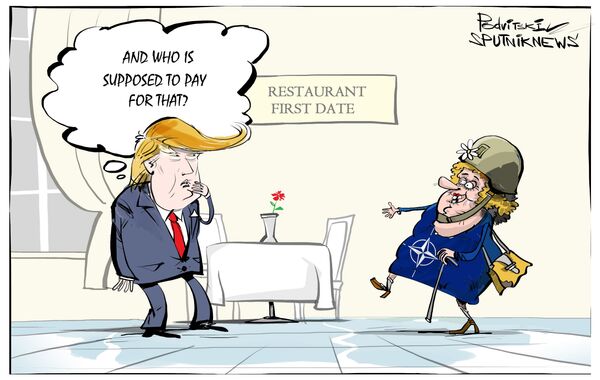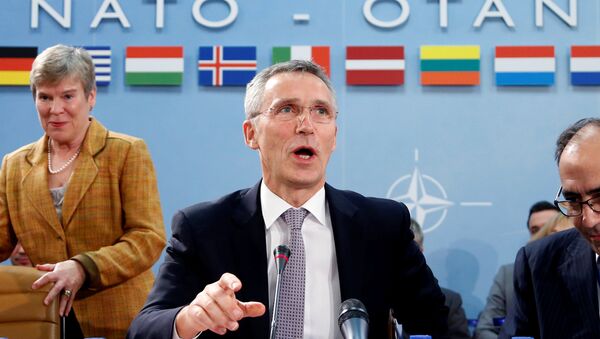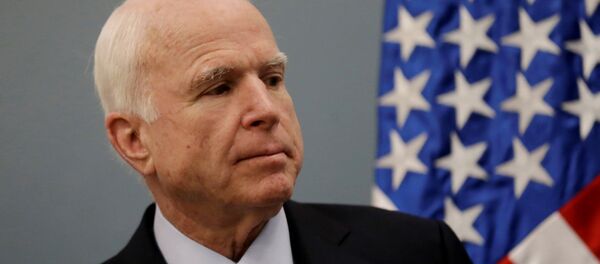In Trump's view, Russia is a "partner rather than an adversary," the political analyst said. "And partnering with Russia means that some of [Washington's] European allies in NATO should change their attitude."
Dottori, Professor of Geopolitical and Strategic Studies at Luiss University of Rome, maintained that Trump's critical stance on NATO reflects his wish to readjust the bloc's stance on Russia so that it would be more aligned with the incoming US administration's foreign policy vision.
"The best way to make them think about the acceptance of change is to remind them that the United States is the most important shareholder of NATO and can withdraw its financial support to [the alliance] in case NATO does not adapt to the interest of the US," he explained.

The political analyst mentioned that Trump will also face opposition from those who are "accustomed to a different US foreign policy paradigm," specifically naming the US intelligence community and US Congress. However, the US president-elect will be capable of dealing with them, he added.
If Trump succeeds in changing the minds of those opposed to his foreign policy objectives, the relationship between Russia and the United States "will change for the better," the analyst said. "This will be very beneficial to some European countries, especially Italy."
US President-elect Donald Trump has repeatedly indicated that he wanted to improve relations between Washington and Moscow, which comes in sharp contrast to the Obama administration's approach to Russia. Earlier on Monday, Trump reiterated that he will try to "make some good deals with Russia."
Never miss a story again — sign up to our Telegram channel and we'll keep you up to speed!



